Education
Recent articles
How to communicate the value of curiosity-driven research
The burden of proof is on us—researchers—to explain why what we do is valuable to society.
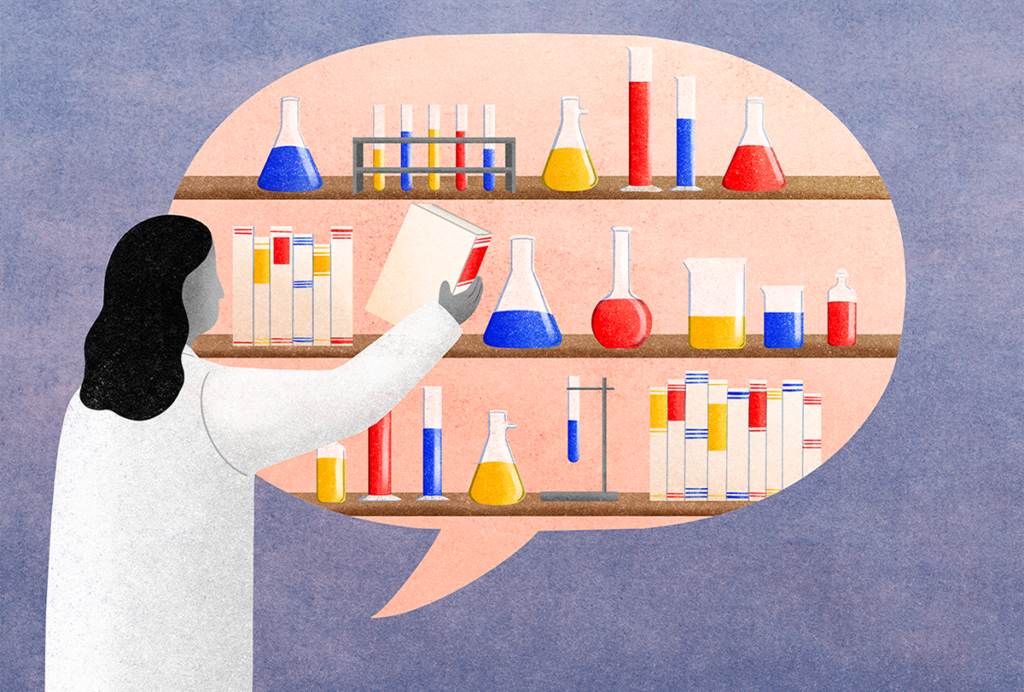
How to communicate the value of curiosity-driven research
The burden of proof is on us—researchers—to explain why what we do is valuable to society.
Breaking the barrier between theorists and experimentalists
Many neuroscience students are steeped in an experiment-first style of thinking that leads to “random walk science.” Let’s not forget how theory can guide experiments toward deeper insights.
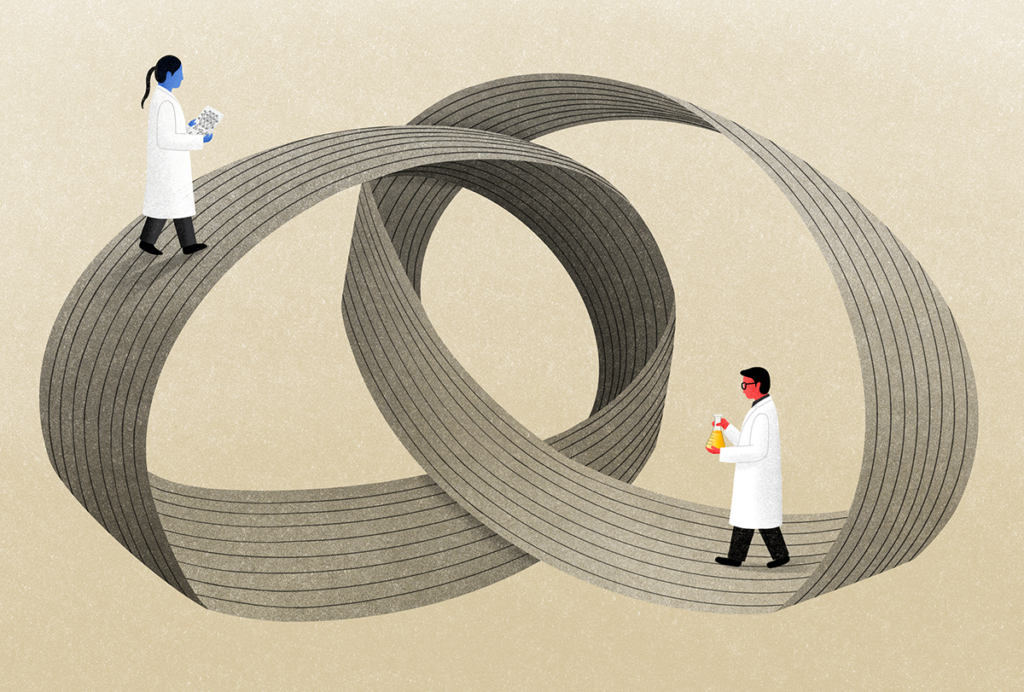
Breaking the barrier between theorists and experimentalists
Many neuroscience students are steeped in an experiment-first style of thinking that leads to “random walk science.” Let’s not forget how theory can guide experiments toward deeper insights.
How to teach students about science funding
As researchers reel over the uncertain state of U.S. federal funding, educating students on the business of science is more important than ever.

How to teach students about science funding
As researchers reel over the uncertain state of U.S. federal funding, educating students on the business of science is more important than ever.
Why practical summer courses in neuroscience matter
Among other reasons, this tradition helps researchers rekindle the unfettered joy that initially brought them to the field.
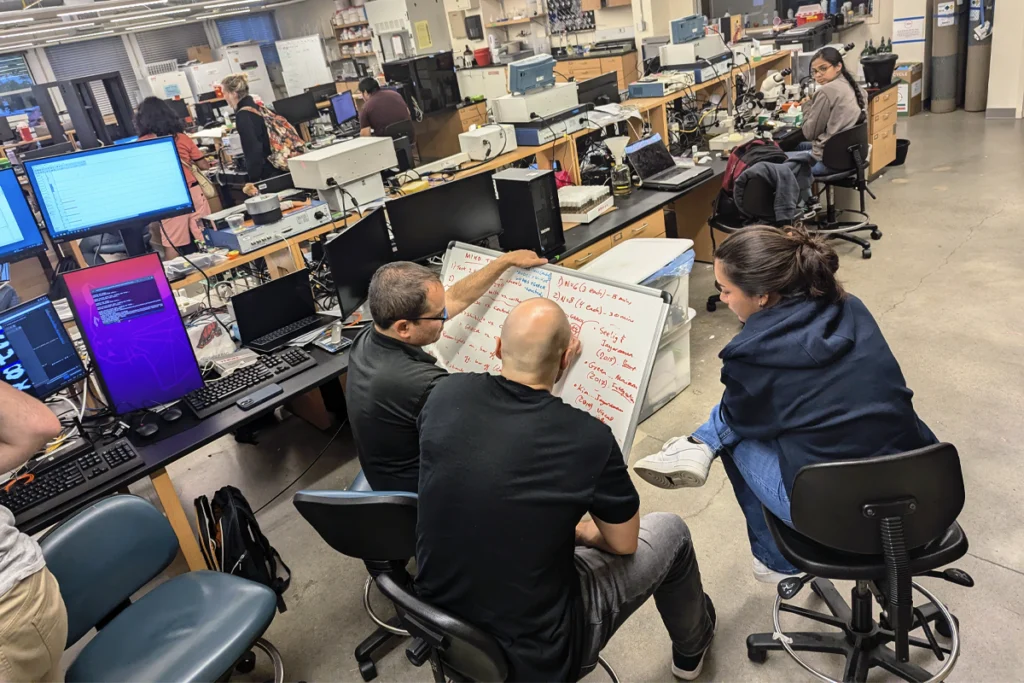
Why practical summer courses in neuroscience matter
Among other reasons, this tradition helps researchers rekindle the unfettered joy that initially brought them to the field.
A genetics-first clinic for catching developmental conditions early: Q&A with Jacob Vorstman
A new clinic is assessing children who have a genetic predisposition for autism and other neurodevelopmental conditions—sometimes before traits appear.
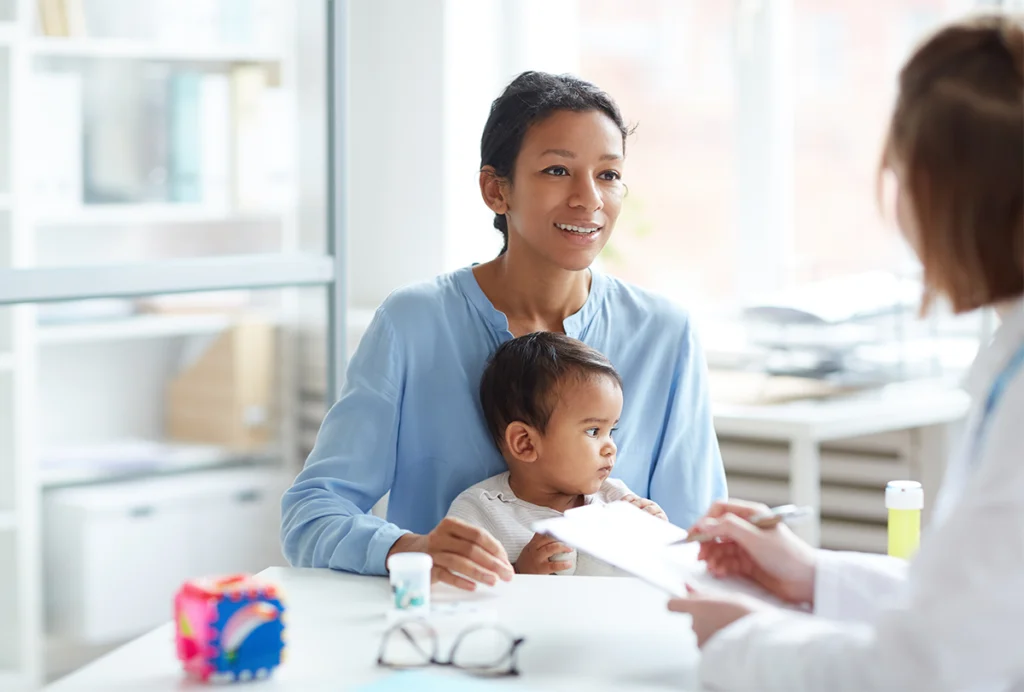
A genetics-first clinic for catching developmental conditions early: Q&A with Jacob Vorstman
A new clinic is assessing children who have a genetic predisposition for autism and other neurodevelopmental conditions—sometimes before traits appear.
Building a global community: Q&A with Black In Neuro co-founder Clíona Kelly
As Black In Neuro Week 2024 continues through Sunday, Kelly explains how the organization expanded from its humble beginnings as a Slack channel to connect Black neuroscientists across the diaspora.
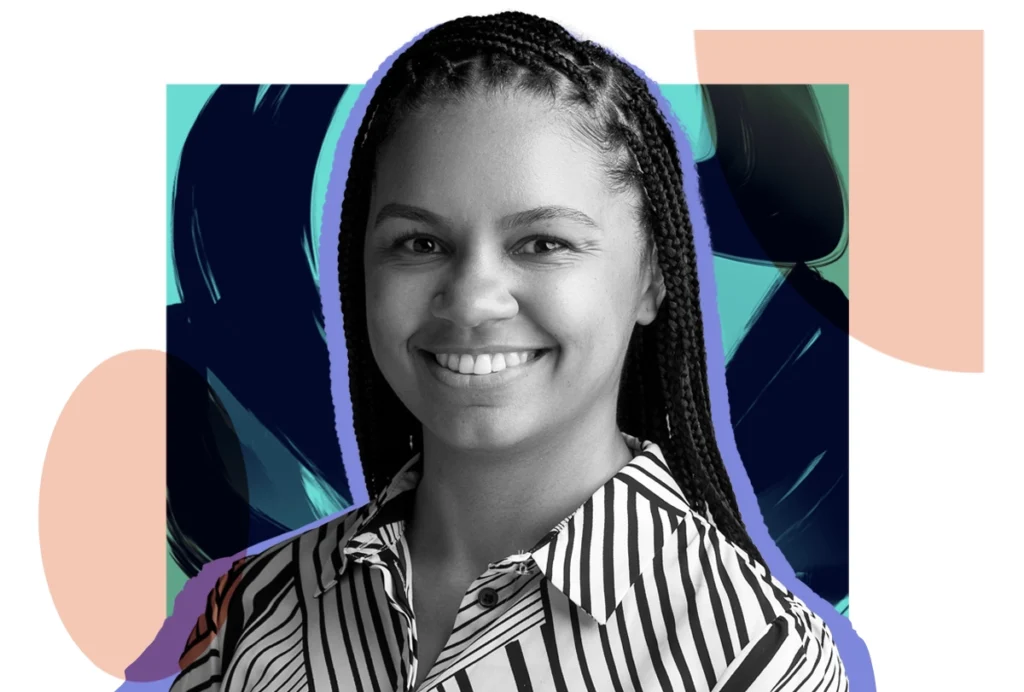
Building a global community: Q&A with Black In Neuro co-founder Clíona Kelly
As Black In Neuro Week 2024 continues through Sunday, Kelly explains how the organization expanded from its humble beginnings as a Slack channel to connect Black neuroscientists across the diaspora.
Neuroscience graduate students deserve comprehensive data-literacy education
Despite growing requirements around how to handle and share data, formal training is lacking.
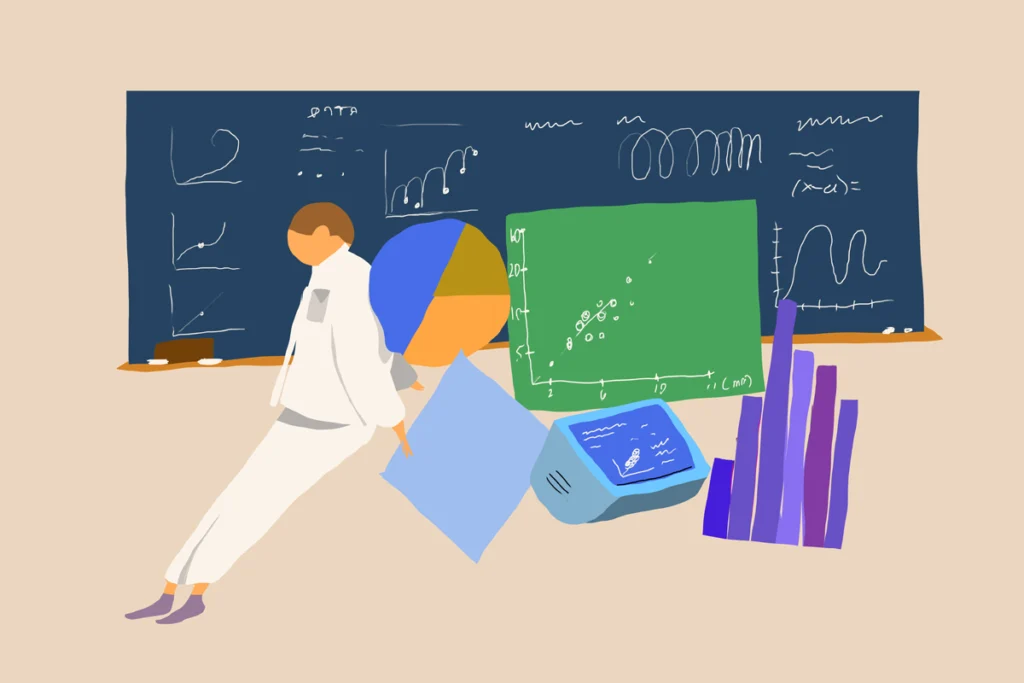
Neuroscience graduate students deserve comprehensive data-literacy education
Despite growing requirements around how to handle and share data, formal training is lacking.
Our planet stands on the brink of irreversible change. Neuroscientists need to do something about it.
When I launched my new lab at New York University in 2022, I decided to apply my expertise in computer vision to an urgent problem far outside the brain: climate change.
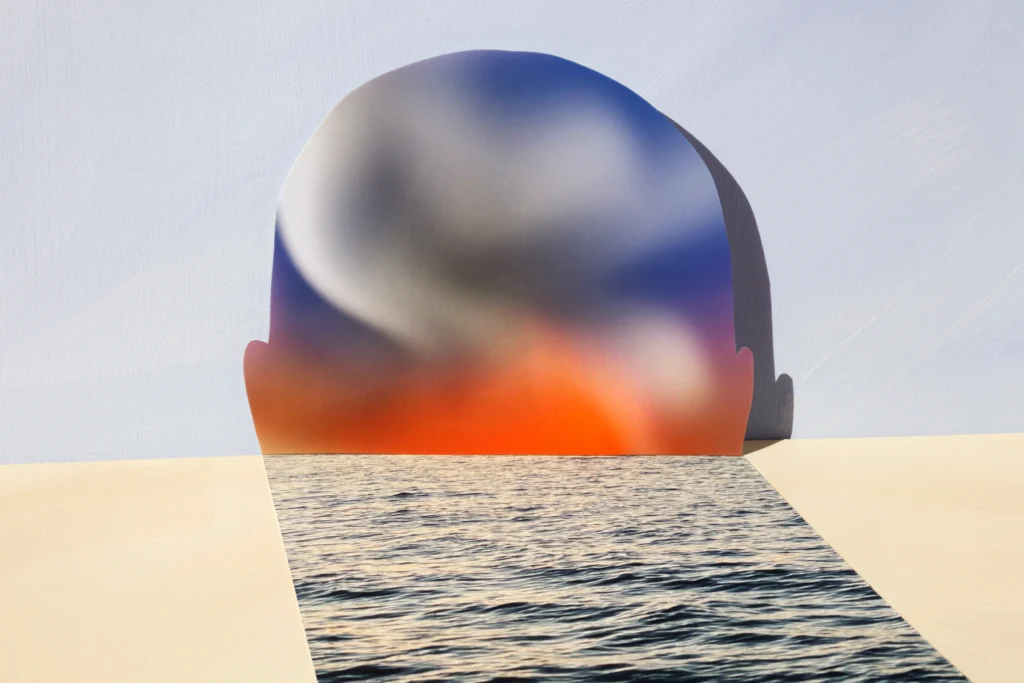
Our planet stands on the brink of irreversible change. Neuroscientists need to do something about it.
When I launched my new lab at New York University in 2022, I decided to apply my expertise in computer vision to an urgent problem far outside the brain: climate change.
The sleep/wake cycle and autism with Ashura Buckley
The NIH neurologist talks about her research, her family and how mental health labels can be limiting.
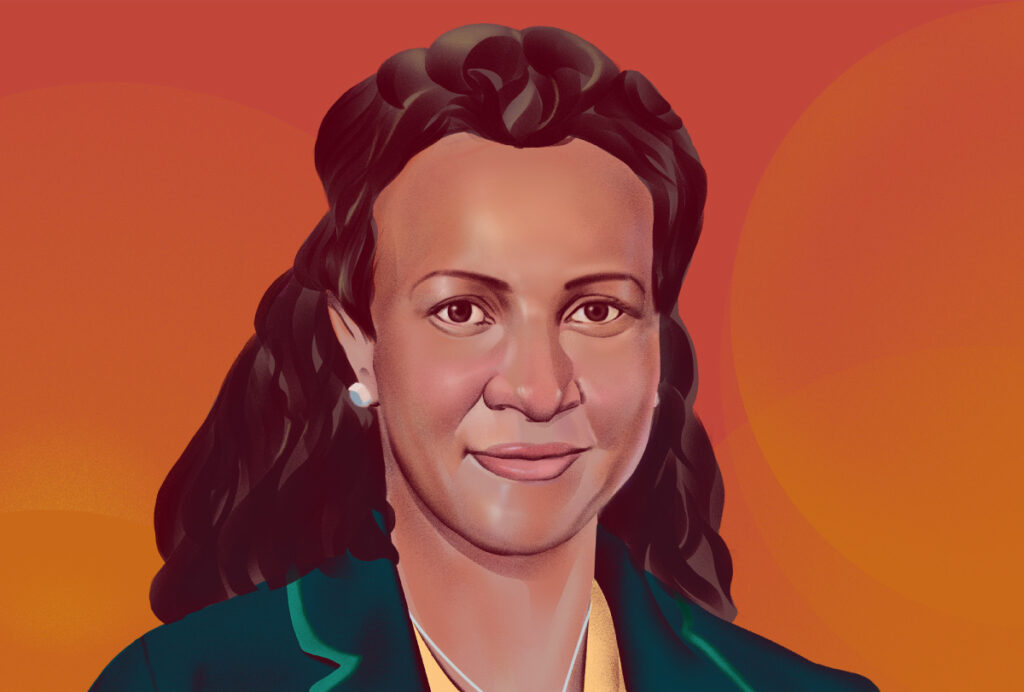
The sleep/wake cycle and autism with Ashura Buckley
The NIH neurologist talks about her research, her family and how mental health labels can be limiting.
Social communication and developmental disorders with Connie Kasari
In this episode of “Synaptic,” Kasari talks about the need for inclusion in educating autistic children, what drew her into the autism research field, and growing up on the family farm.
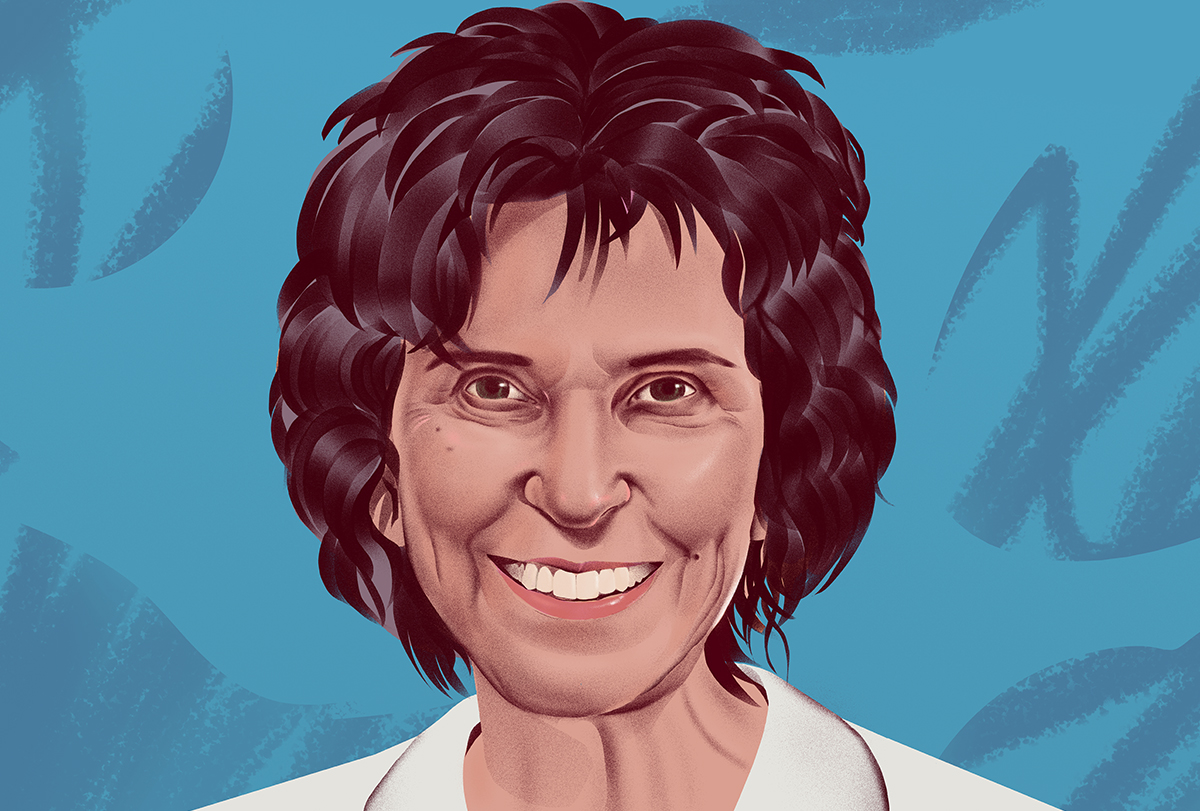
Social communication and developmental disorders with Connie Kasari
In this episode of “Synaptic,” Kasari talks about the need for inclusion in educating autistic children, what drew her into the autism research field, and growing up on the family farm.
Explore more from The Transmitter
Five things to know if your federal grant is terminated
If you want to appeal the decision, know the rules that govern terminations, as well as the specific rationale given in your notice, science policy experts say.

Five things to know if your federal grant is terminated
If you want to appeal the decision, know the rules that govern terminations, as well as the specific rationale given in your notice, science policy experts say.
It’s time to examine neural coding from the message’s point of view
In studying the brain, we almost always take the neuron’s perspective. But we can gain new insights by reorienting our frame of reference to that of the messages flowing over brain networks.
It’s time to examine neural coding from the message’s point of view
In studying the brain, we almost always take the neuron’s perspective. But we can gain new insights by reorienting our frame of reference to that of the messages flowing over brain networks.
Autism traits, mental health conditions interact in sex-dependent ways in early development
Here is a roundup of autism-related news and research spotted around the web for the week of 31 March.

Autism traits, mental health conditions interact in sex-dependent ways in early development
Here is a roundup of autism-related news and research spotted around the web for the week of 31 March.